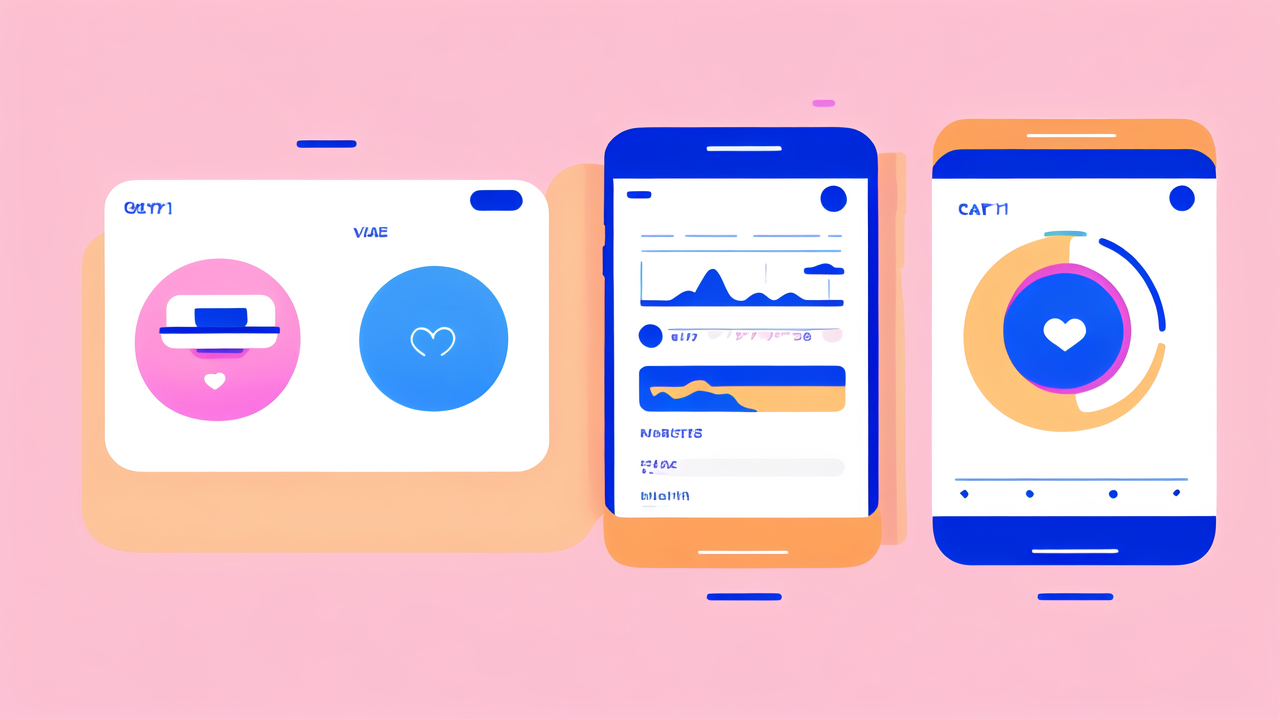Understanding the Health Metrics Tracked by Digital Watches
The Importance of Accurate Body Measurements
Accurate body measurements are vital for tracking health progress. Digital watches offer precise data on various metrics. This accuracy helps users make informed decisions about their health.

Smart watches can measure heart rate, steps taken, and calories burned. They also track sleep patterns and stress levels. These devices provide a comprehensive view of one's health status.
Reliable measurements enable users to set realistic health goals. They can monitor their progress over time. This data-driven approach motivates people to maintain healthy habits.
Key Metrics for Health Analysis in Digital Watches
Digital watches track several key health metrics:
- Heart Rate: Monitors cardiovascular health
- Step Count: Measures daily physical activity
- Calorie Burn: Estimates energy expenditure
- Sleep Duration and Quality: Analyzes rest patterns
- Blood Oxygen Levels: Indicates respiratory health
- Stress Levels: Measures physiological stress responses
These metrics provide a holistic view of one's health. Users can identify areas for improvement and track changes over time.
Smart watches often include features like ECG monitoring and fall detection. These advanced functions can be lifesaving in emergency situations.
Comparing Metrics Across Different Smart Watch Platforms
Different smart watch brands offer various health tracking features. Apple Watch focuses on heart health and fitness. Fitbit emphasizes sleep tracking and stress management.
Garmin watches excel in sports-specific metrics. They're popular among athletes and outdoor enthusiasts. Samsung Galaxy watches provide a balance of health and smartwatch features.
When choosing a smart watch, consider your health priorities. Some watches offer more accurate heart rate monitoring. Others may have better sleep tracking capabilities.
It's important to compare the accuracy of metrics across platforms. Look for watches that have been validated in scientific studies. This ensures you're getting reliable health data.
Integrating Digital Watches into Health and Wellness Programs
Enhancing Personal Health Goals with Data-Driven Insights
Digital watches provide valuable data to help users achieve their health goals. They offer real-time feedback on physical activity and vital signs. This immediate information motivates users to stay active and make healthy choices.

Users can set personalized goals based on their watch's data. For example, they might aim to increase their daily step count or improve sleep quality. The watch tracks progress, making it easy to stay accountable.
Many smart watches also offer guided workouts and meditation sessions. These features help users improve their fitness and manage stress. By following these programs, users can make steady progress towards their health goals.
Building a Health Ecosystem with Wearable Technology
Smart watches are part of a larger health ecosystem. They can sync with other devices and apps to provide a complete health picture. This integration allows for more comprehensive health management.
For instance, a smart watch can connect with a smart scale to track weight changes. It can also link with nutrition apps to monitor calorie intake. This creates a holistic view of one's health and fitness journey.
Many healthcare providers now incorporate wearable data into patient care. Patients can share their smart watch data with doctors for more informed consultations. This collaboration leads to better health outcomes and personalized treatment plans.
The Role of Digital Watches in Preventive Healthcare
Digital watches play a crucial role in preventive healthcare. They can detect early signs of health issues before they become serious. For example, irregular heart rhythms or low blood oxygen levels can be spotted early.
These devices encourage users to maintain healthy habits. Regular movement reminders help combat sedentary lifestyles. Sleep tracking promotes better rest habits. Stress management features support mental well-being.
By providing continuous health monitoring, smart watches empower users to take control of their health. They can make lifestyle changes based on data, potentially preventing future health problems.
Leveraging Digital Watches for Research and Improved Care
Case Studies: Successful Health Outcomes from Wearable Tech
Several case studies demonstrate the positive impact of smart watches on health outcomes. One study showed how a user detected early signs of atrial fibrillation through their watch's ECG feature. This early detection led to timely medical intervention.

Another case involved a diabetic patient who used their smart watch to monitor activity levels and heart rate. By tracking these metrics, they were able to better manage their blood sugar levels. This resulted in improved overall health and fewer complications.
A third example showcased how sleep tracking on a smart watch helped a user identify and address sleep apnea. By sharing this data with their doctor, they received proper treatment and experienced better sleep quality.
How Digital Watches Are Revolutionizing Health Research
Smart watches are transforming health research by providing vast amounts of real-world data. Researchers can now access continuous health metrics from large populations. This data helps in understanding trends and patterns in public health.
These devices enable large-scale studies on heart health, sleep patterns, and physical activity. For example, the Apple Heart Study used data from over 400,000 participants. It helped identify irregular heart rhythms and potential atrial fibrillation cases.
Wearable technology also allows for more accurate and frequent data collection in clinical trials. This can lead to faster and more reliable research outcomes. It's particularly useful in studies on chronic conditions and lifestyle interventions.
Future Trends: Advancements in Health Measurements by Smart Watches
The future of smart watches in health tracking looks promising. We can expect to see more advanced sensors and metrics. Some potential advancements include:
- Non-invasive blood glucose monitoring
- Continuous blood pressure tracking
- Improved mental health monitoring
- Early detection of infectious diseases
- More accurate sleep stage analysis
These advancements will make smart watches even more valuable for health management. They could potentially replace some routine medical tests and screenings. This would make healthcare more accessible and convenient for many people.
As smart watch technology evolves, we can expect better integration with healthcare systems. This could lead to more personalized and proactive healthcare. Smart watches may become essential tools in managing chronic conditions and promoting overall wellness.




Leave a comment
This site is protected by hCaptcha and the hCaptcha Privacy Policy and Terms of Service apply.